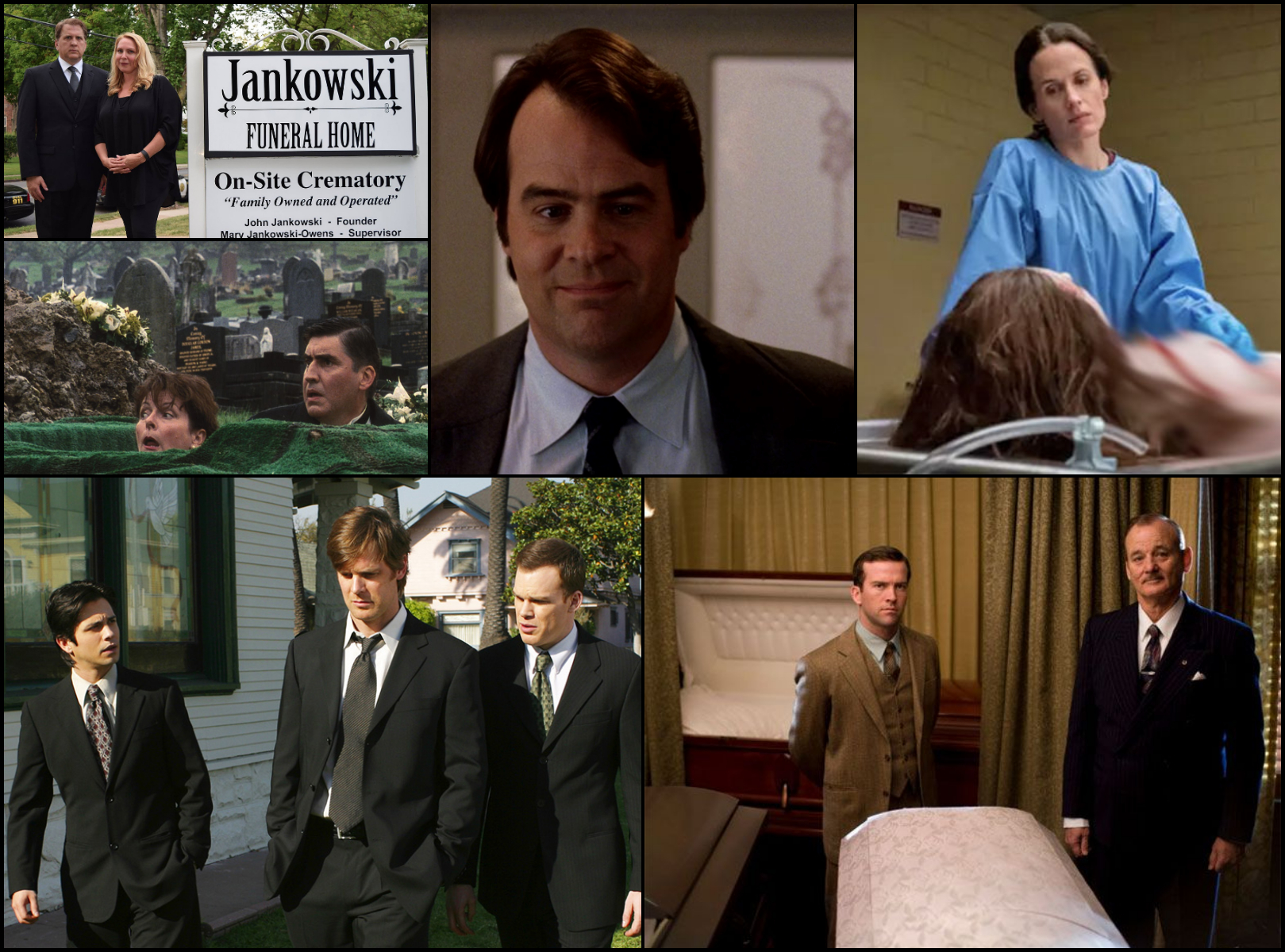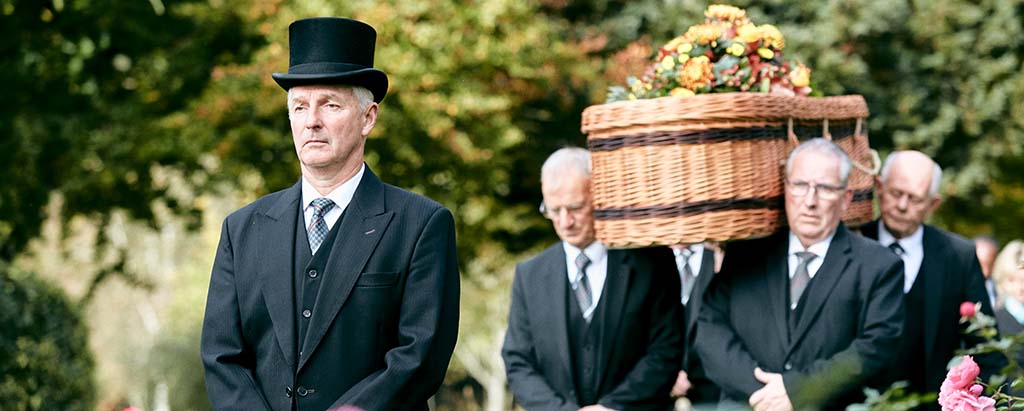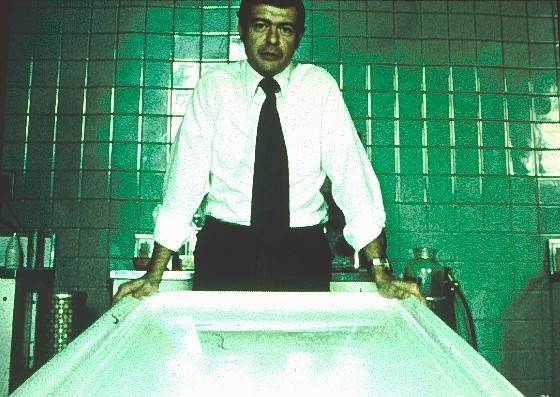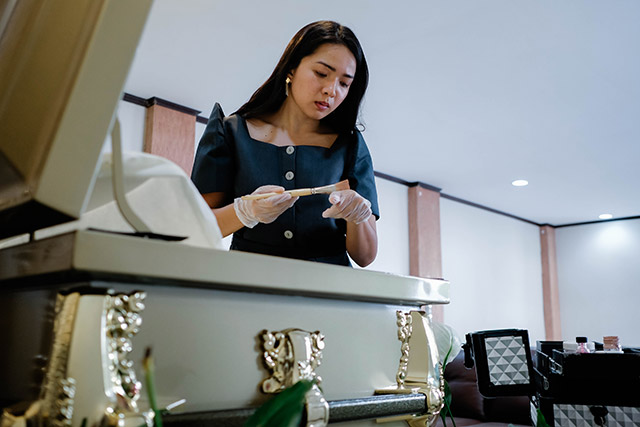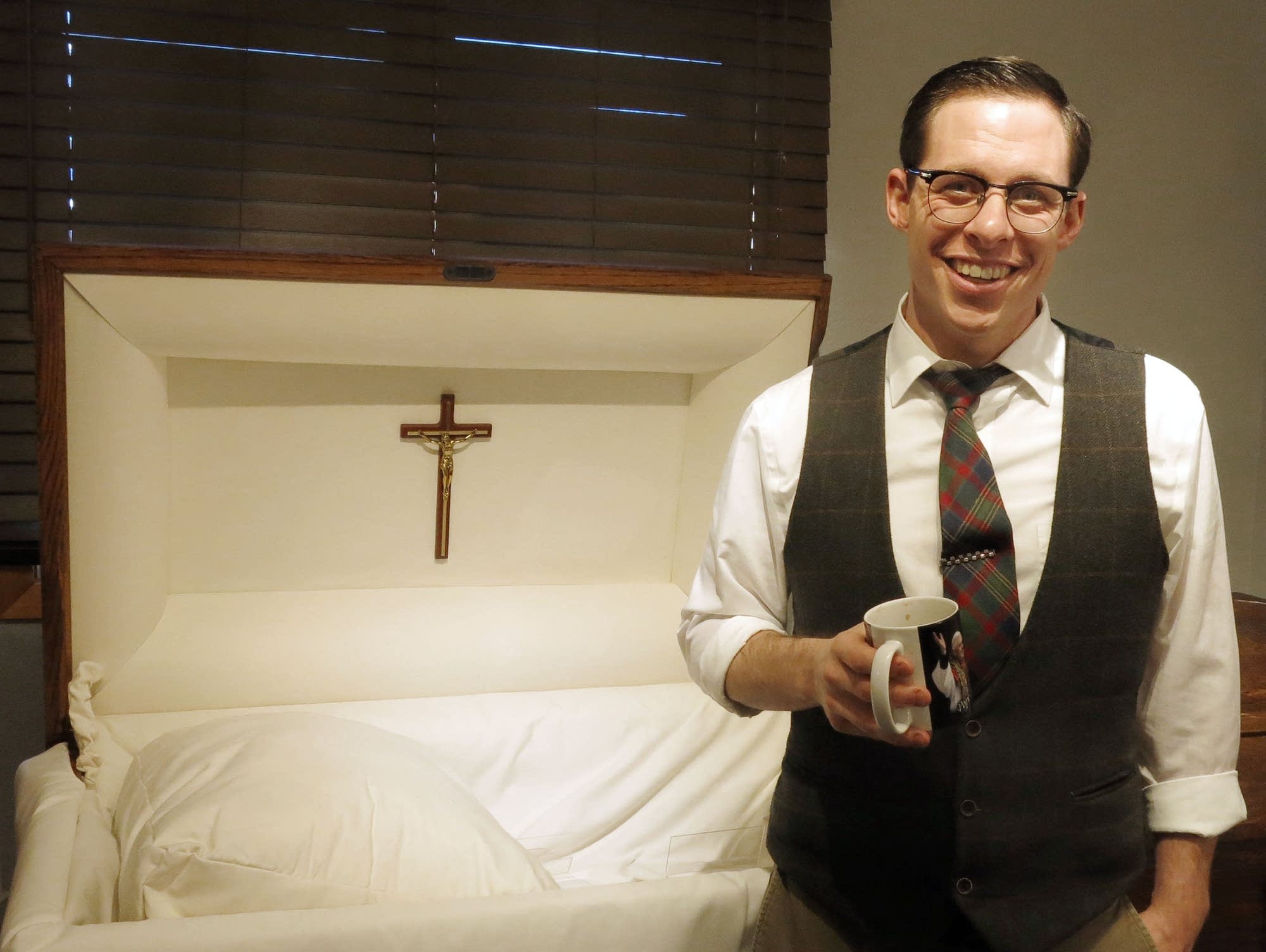
When a loved one passes away, it can be a difficult and emotional time for family and friends. During this period, funeral directors play a vital role in helping to plan and coordinate the funeral services, ensuring that the deceased is treated with dignity and respect. But what exactly do funeral directors do? In this article, we will delve into the world of funeral directing, exploring their responsibilities, duties, and the importance of their role in the funeral process.
What is a Funeral Director?
A funeral director, also known as a mortician or undertaker, is a professional responsible for managing and coordinating funeral services. They work with families to plan and organize the funeral, ensuring that the deceased is cared for and that the service is carried out according to the family's wishes. Funeral directors are trained professionals who have completed a degree in mortuary science and have obtained the necessary licenses to practice in their state.
Key Responsibilities of a Funeral Director
The role of a funeral director is multifaceted, and their responsibilities can vary depending on the specific needs of the family. Some of the key duties of a funeral director include:
Coordinating funeral arrangements: Funeral directors work with families to plan and organize the funeral service, including selecting a date and time, choosing a venue, and arranging for transportation.
Preparing the deceased: Funeral directors are responsible for preparing the body for viewing, including washing, dressing, and cosmetizing.
Managing funeral logistics: Funeral directors coordinate with florists, musicians, and other vendors to ensure that the funeral service runs smoothly.
Providing emotional support: Funeral directors offer emotional support and guidance to families during a difficult time, helping them to navigate the funeral planning process.
Handling administrative tasks: Funeral directors are responsible for completing paperwork, including death certificates and obituaries.
The Importance of Funeral Directors
Funeral directors play a vital role in the funeral process, providing a range of services that are essential to helping families say goodbye to their loved ones. They offer a unique combination of emotional support, practical guidance, and logistical expertise, ensuring that the funeral service is carried out with dignity and respect. By working with a funeral director, families can:
Reduce stress and anxiety: Funeral directors handle many of the logistical details, reducing the burden on families during a difficult time.
Ensure a personalized service: Funeral directors work with families to create a personalized funeral service that reflects the personality and wishes of the deceased.
Receive emotional support: Funeral directors offer emotional support and guidance, helping families to navigate the grieving process.
In conclusion, funeral directors play a vital role in the funeral process, providing a range of services that are essential to helping families say goodbye to their loved ones. By understanding the role of funeral directors, families can better appreciate the importance of their work and the value they bring to the funeral process. If you are planning a funeral or simply want to learn more about the role of funeral directors, we hope this article has provided you with a comprehensive guide to the world of funeral directing.

